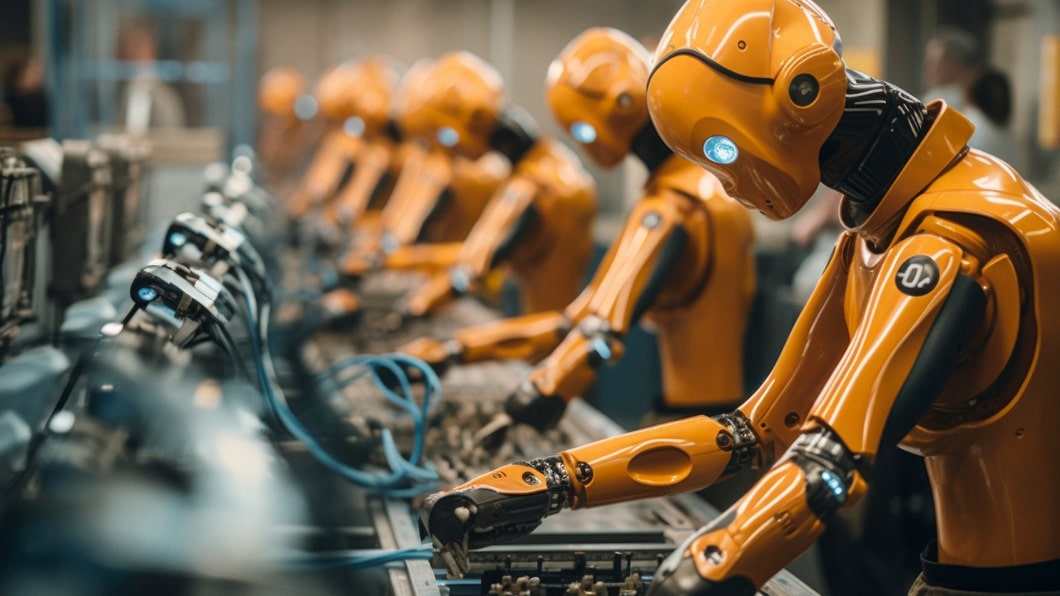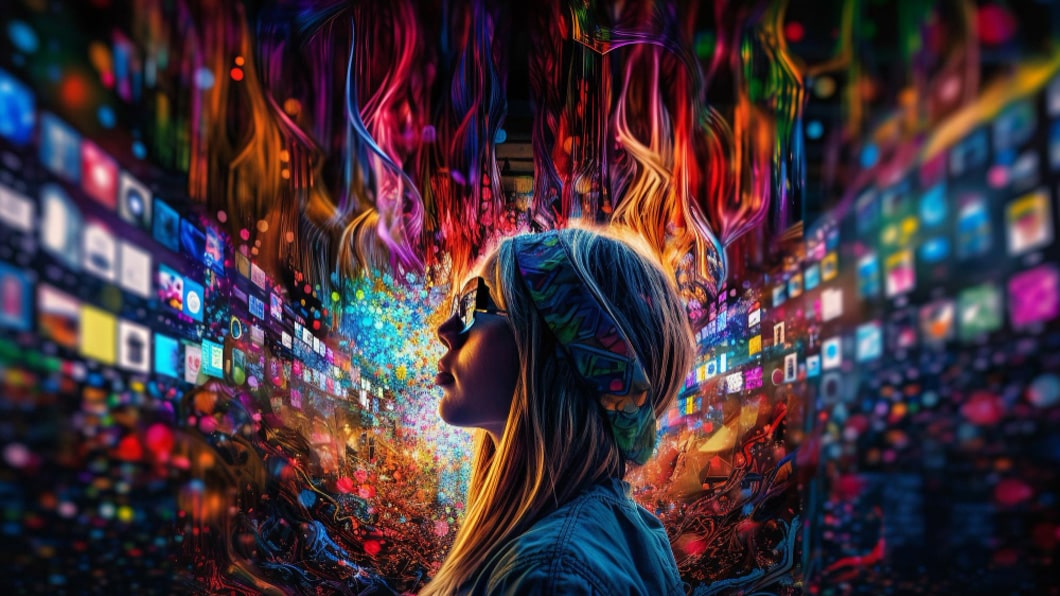
Unlocking the Creative Potential: Exploring Generative AI
Introduction
In the digital age, the convergence of technology and creativity has ushered in a new era of possibilities. Generative AI, a cutting-edge technology, has played a pivotal role in this transformation. It has revolutionized various industries by enabling machines to create content that resembles human-generated work. This groundbreaking field encompasses a wide range of applications, from text generation to image synthesis and even music composition. It empowers individuals to explore exciting career opportunities in fields like artificial intelligence research, data science, and the creative industry. The ever-expanding applications of it promise a bright future for those who master this technology, offering opportunities to shape how we interact with and create content in the digital age. In this blog, we will delve into the world of generative AI, exploring its impact on different industries and the promising job roles it offers.
The Power of Generative AI
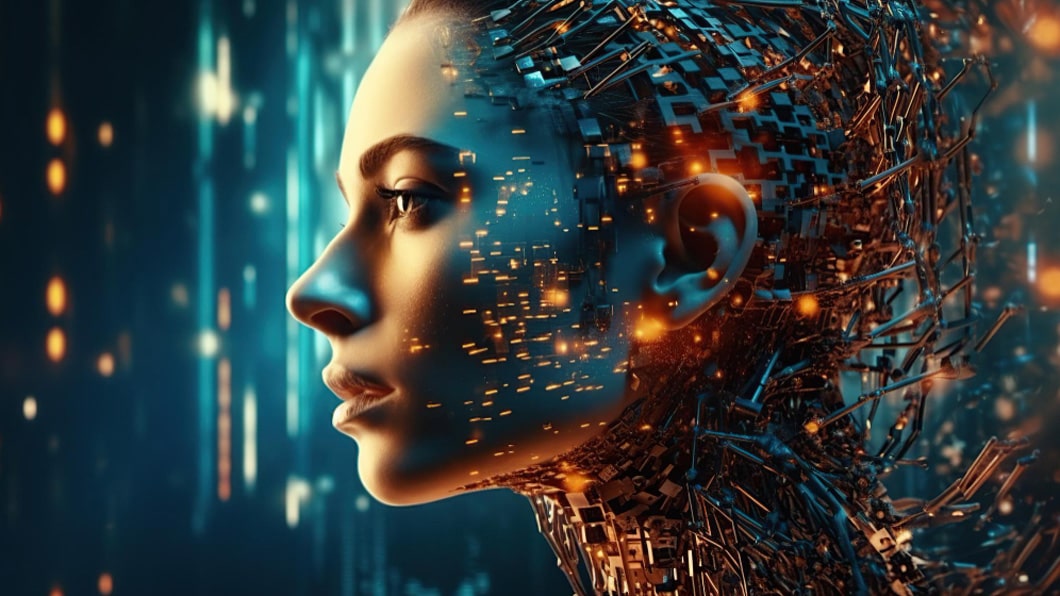
Generative AI, at its core, revolves around the concept of machines creating content that closely mimics the quality and style of human-generated work. It is a subset of artificial intelligence that focuses on creative output. This technology leverages deep learning techniques, primarily utilizing neural networks, to generate content such as text, images, music, and even videos.
- Text Generation: One of the most prevalent applications of it is in text generation. Language models like GPT-3 have gained immense popularity for their ability to produce coherent and contextually relevant text. These models have a wide range of applications, from content generation for marketing to chatbots and automated news articles.
- Image Synthesis: It has also made remarkable strides in image synthesis. Models like DALL·E have the capability to generate images from textual descriptions. This technology has significant implications for design and creative industries, where it can be used to produce visual content for marketing, advertising, and art.
- Music Composition: Music enthusiasts and professionals have not been left behind, as it has opened new doors in music composition. AI models like OpenAI’s MuseNet can generate original music compositions in various styles and genres, providing musicians and composers with a wellspring of inspiration.
- Video Creation: Although still in its nascent stages, It is making headway in generating video content. Some models can generate deepfake videos or assist in video editing tasks, streamlining the post-production process for filmmakers and content creators.
Impact on Various Industries
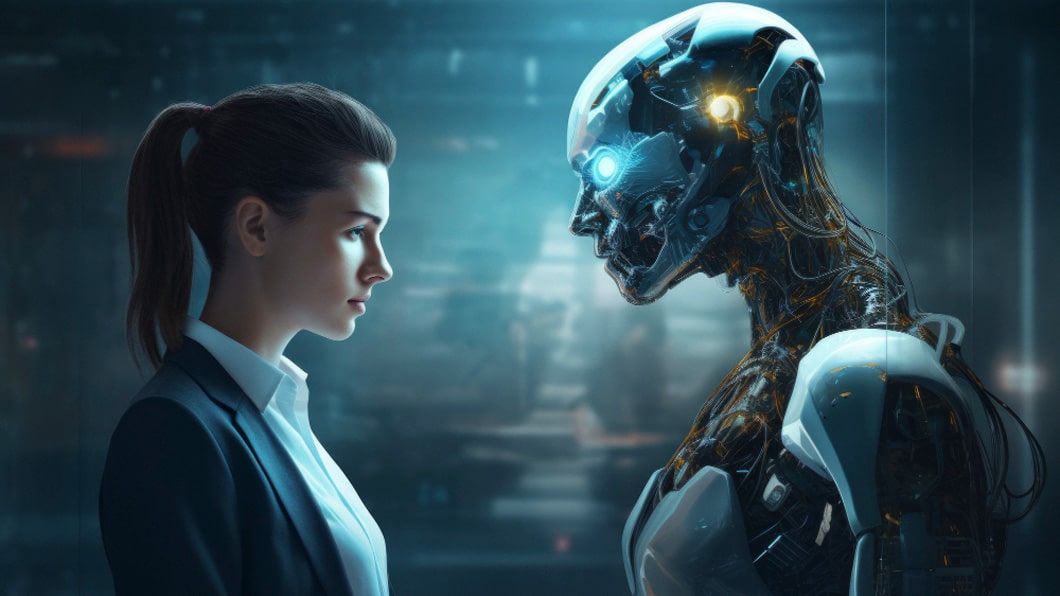
The transformative potential of generative AI spans a multitude of industries, offering novel solutions and creative possibilities. Let’s explore the profound impact it has had on a few key sectors:
- Content Creation: Generative AI has disrupted the content creation industry. Content creators now have access to tools that can assist in generating ideas, drafting articles, and even automating the creation of social media posts. This not only accelerates the content production process but also provides fresh perspectives and innovative angles.
- Marketing and Advertising: In the realm of marketing and advertising, generative-AI has simplified the creation of promotional materials. Ad agencies can now produce high-quality images and text content rapidly, enabling more dynamic and personalized campaigns.
- Design and Art: For artists and designers, generative-AI has become a valuable tool for generating ideas and creating unique pieces. It can assist in generating visual elements, design templates, and even inspire new art forms.
- Data Science: Generative-AI has significantly impacted data science. It can be used to generate synthetic data, aiding data scientists in testing algorithms, maintaining data privacy, and simulating various data scenarios for analysis.
- Entertainment and Media: The entertainment industry is embracing generative-AI for various applications, from scriptwriting and character creation to special effects in movies and TV shows. This technology can enhance the overall production process and create immersive storytelling experiences.
Top Job Roles in Generative AI
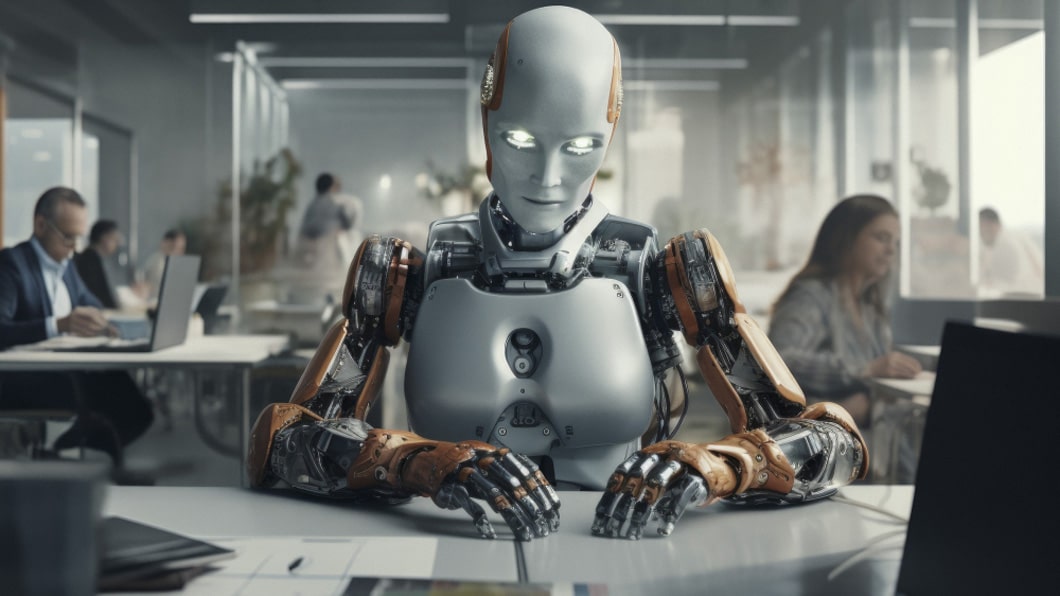
As the demand for generative-AI technology continues to rise, several exciting job roles have emerged. Let’s take a closer look at some of the top positions that are shaping the future of this field:
- AI Researcher: AI researchers are at the forefront of generative-AI development. They delve deep into the intricacies of generative models, working on innovations and improvements. Their work contributes to the advancement of the technology itself, ensuring that it continues to push boundaries.
- Data Scientist: Data scientists harness the power of generative-AI to extract valuable insights from data. They utilize generative models to analyze data, generate reports, and develop predictive models. This role has become crucial in sectors where data plays a central role, such as finance, healthcare, and e-commerce.
- Content Creator: Content creators are increasingly using generative-AI to assist in innovative storytelling. Whether it’s generating blog content, social media posts, or scripts, generative AI can provide content creators with inspiration and time-saving tools.
- AI Ethics Consultant: With the rise of generative-AI, ethical concerns have emerged. AI ethics consultants address the ethical implications of AI-generated content. They help organizations navigate the challenges related to biases, privacy, and misinformation, ensuring that the technology is used responsibly.
- Software Developer: Software developers specializing in generative-AI create applications and tools that harness the power of AI models. They build user-friendly interfaces and integrate generative-AI capabilities into various platforms, making it accessible to a wider audience.
Generative AI FAQs
1. Is generative AI the same as creative AI?
No, generative-AI is a subset of creative AI. While creative AI encompasses a broader spectrum of AI applications focused on creativity, generative-AI specifically deals with the generation of content, including text, images, and music, to mimic human-generated work.
2. How does generative AI ensure content quality and relevance?
Generative-AI relies on large-scale training datasets and advanced neural networks. Quality and relevance are maintained by fine-tuning these models on specific tasks and by providing them with contextual information during content generation.
3. Can generative AI replace human creativity in content creation?
Generative-AI can assist in content creation by automating certain tasks and providing creative input. However, it cannot fully replace human creativity, as it lacks the ability to understand the nuanced intricacies of human emotions, cultural context, and complex creative processes.
4. What are the ethical concerns associated with generative AI?
Ethical concerns include issues of bias, misinformation, and the potential misuse of AI-generated content. Ensuring responsible AI use, addressing biases in training data, and promoting transparency are essential steps in mitigating these concerns.
5. Is generative AI accessible to individuals without a technical background?
Yes, generative-AI tools and platforms have become more user-friendly. Many applications offer user interfaces that do not require advanced technical knowledge. However, understanding the technology’s limitations and ethical considerations is essential for responsible use.
Conclusion

Generative-AI is revolutionizing various industries by enabling machines to generate content that closely resembles human-generated work. Its applications are diverse, spanning text generation, image synthesis, music composition, and even video creation. This technology has had a profound impact on content creation, marketing, design, data science, and entertainment, offering innovative solutions and creative possibilities.
In the rapidly evolving landscape of generative-AI, a multitude of exciting job roles has emerged, allowing individuals to shape the future of this field. AI researchers, data scientists, content creators, AI ethics consultants, and software developers play pivotal roles













